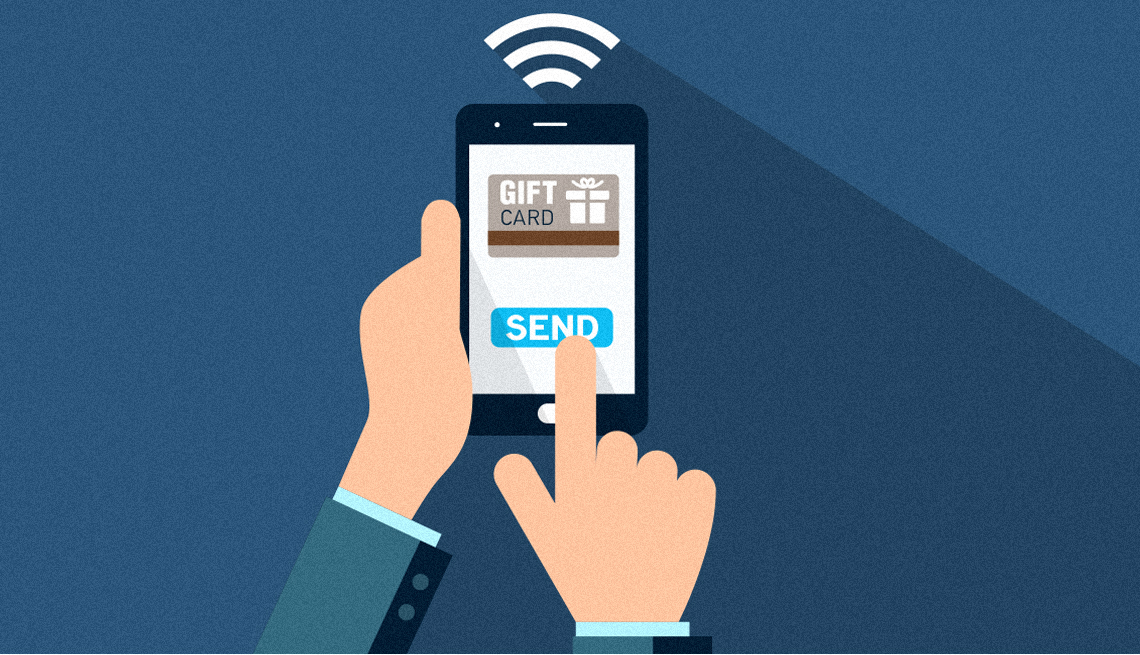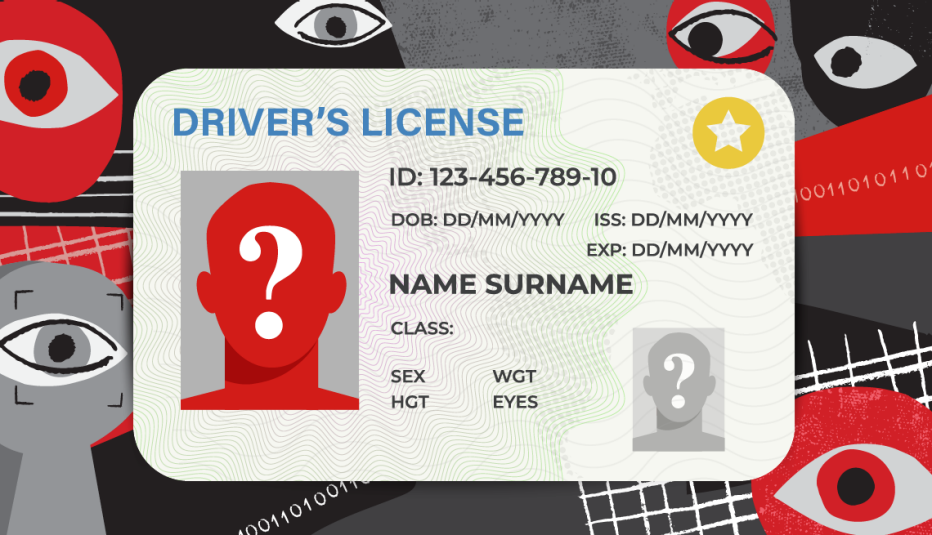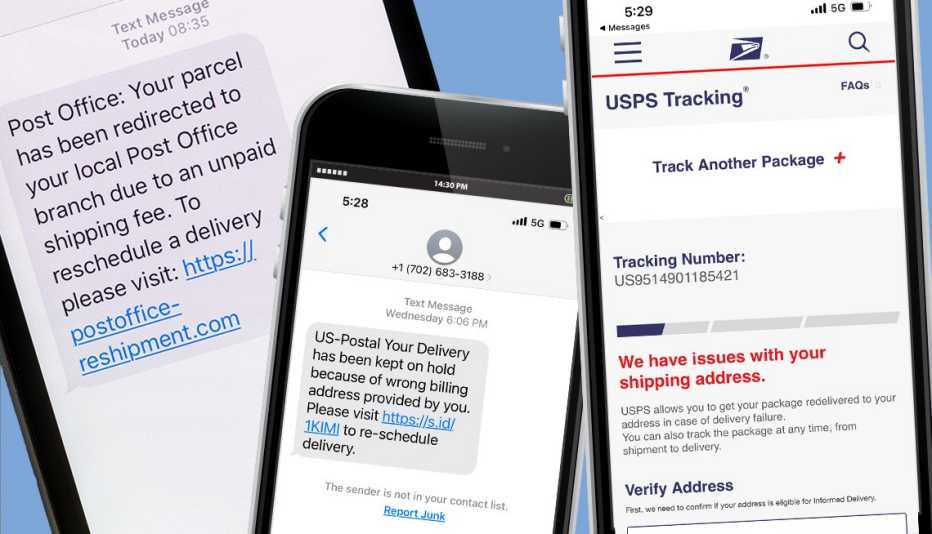Staying Fit
A few months ago, Sonia Nofziger, 59, received an email that appeared to be from the new CEO of the small tech company in Philadelphia where she works: “Hi, Could you possibly complete a task for me before I leave for a meeting? Send me your mobile num. Thanks. Kevin.” She didn’t think twice about emailing him her number, even though his message had come from a personal Gmail account. “He’d only been onboard for five or six weeks,” she explains, “and none of us knew him that well, because he works remotely.”
Then “Kevin” texted, asking her for a favor: He needed to purchase three $100 Apple gift cards for a charity. Could she buy them for him? He’d pay her right back. “It seemed a little strange, but I was like, fine, I’ll get it done,” she says. He asked her for the numbers on the back of the cards so he could relay them to the charity. Then he requested a couple more, she says, “and, even then, it didn’t seem that weird.”

But when he asked a third time, “that was my alert that something’s not right.” She blocked his number but continued receiving messages from other numbers: “Where are you? Why aren’t you doing what I’m asking?”
Nofziger, a cousin of Amy Nofziger, director of victim support for the AARP Fraud Watch Network, lost $1,200 in this ruse — what Amy refers to as a “do me a favor” scam.
“We kind of coined the term,” she says, “because that’s literally what they start out with saying. Maybe it’s, ‘How are you doing? How’s the family?’ Then, ‘Can you do me a favor? Go buy these gift cards. I’ll reimburse you. Just make sure to take pictures of the front and the back, then send me the pictures.’ ”
Her cousin’s experience is not unusual, Amy adds: “A lot of these companies have their employee directories online. [Criminals] can see who the bosses are, they can see who the employees are. They know that there’s a power dynamic there.”
Sometimes someone’s email gets hacked, and the hacker has access to their contacts. The favor request may come through social media or text, and the criminal may pretend to be a friend, family member or colleague — anyone you might normally trust.
Sonia reported the incident to her company’s president, and they soon discovered that others on staff had been victims as well. Since then, all employees have been told that nobody in the company will ever ask them to purchase gift cards.







































































